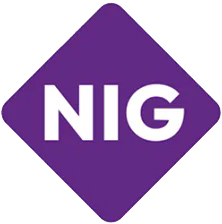Our freight insurance policies comply with international shipping conventions including:
- Hague-Visby Rules
- Hamburg Rules
- Rotterdam Rules
- International Convention for the Safety of Life at Sea (SOLAS)
- International Maritime Dangerous Goods (IMDG) Code
Customs and Trade Compliance
We ensure our freight insurance policies meet international customs requirements, supporting smooth cross-border transportation and minimizing potential regulatory complications. Our coverage addresses documentation requirements for various international shipping scenarios.
Risk Management Standards
Our policies align with international risk management standards, including ISO 31000 risk management guidelines. We provide comprehensive coverage that meets the highest industry standards for cargo protection and risk mitigation.


 0330 127 2333
0330 127 2333








